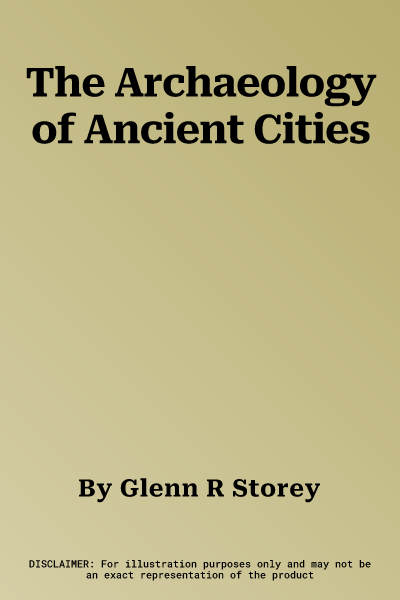Glenn R Storey
(Author)The Archaeology of Ancient CitiesPaperback, 3 November 2020

Qty
1
Turbo
Ships in 2 - 3 days
Only 2 left
Free Delivery
Cash on Delivery
15 Days
Free Returns
Secure Checkout

Print Length
176 pages
Language
English
Publisher
Eliot Werner Publications
Date Published
3 Nov 2020
ISBN-10
1733376909
ISBN-13
9781733376907
Description
Product Details
Author:
Book Format:
Paperback
Date Published:
3 November 2020
Genre:
Ancient (To 499 A.D.)
ISBN-10:
1733376909
ISBN-13:
9781733376907
Language:
English
Location:
Clinton Corners
Pages:
176
Publisher: